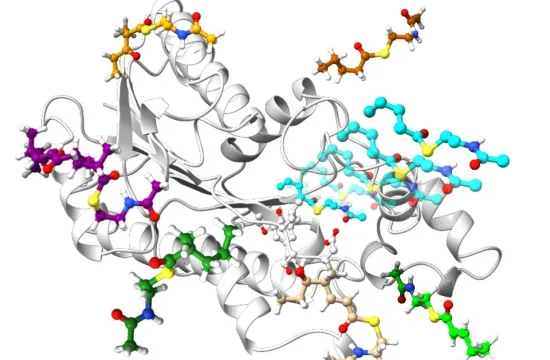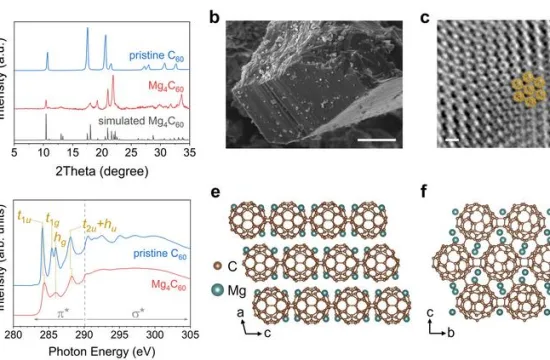
The Netherlands— 18 European academic partners and 3 pharmaceutical companies have launched a new project under the Innovative Medicines Initiative (IMI)-funded New Drugs 4 Bad Bugs (ND4BB) program: COMBACTE-CARE. COMBACTE-CARE (Combatting Bacterial Resistance in Europe—Carbapenem Resistance) will bring highly innovative studies and activities related to the treatment of patients with infections caused by Carbapenem-Resistant Enterobacteriaceae (CRE). Being very difficult to treat and sometimes deadly, CRE is considered to be one of the most dangerous resistant bacteria in the world. University Medical Center Utrecht is the project’s managing entity.
Antibiotic resistance is a global public health threat, and infections due to multidrug-resistant Gram-negative bacteria (MDR-GNB) are rapidly increasing. Especially infections caused by Carbapenem-Resistant Enterobacteriaceae (CRE) are of major concern.
The US Centers for Disease Control and Prevention recently concluded that CRE represents an immediate public health threat that requires urgent and aggressive action. CRE expresses resistance to most available antibiotics, leaving few available options for therapy. New treatments are therefore urgently needed. In addition, the epidemiology of CRE is characterized by large heterogeneity in genotypes and phenotypes, seriously hampering the rapid detection of CRE.
The EUR 83 million COMBACTE-CARE project aims, during the 5-year project time, to understand how patients with CRE infections are managed, with a focus on best available treatment and clinical outcomes. The project will develop new tools to detect CRE and conduct clinical trials with AstraZeneca’s antibiotic combination product, Aztreonam-Avibactam (ATM-AVI), in development for the treatment of serious infections caused by metallo-β-lactamase-producing Gram-negative pathogens, a difficult-to-treat subtype of CRE infections.
Professor Marc Bonten, University Medical Center Utrecht: “COMBACTE-CARE will be the first concerted action in the ND4BB program to combat the rapidly growing threat of infections caused by carbapenemase-producing bacteria in Europe.”
Concrete activities of the COMBACTE-CARE consortium include:
1. Prospective observational studies to assess the risk factors, clinical management, and outcomes of hospitalized patients with serious infections caused by MDR‐GNB;
2. Microbiological studies to support the prospective observational, phase II, and phase III studies;
3. Biomarker studies to optimize patient selection with poor outcomes in future studies;
4. A Phase II prospective, multicenter study to determine the pharmacokinetics (PK), safety, and tolerability of ATM-AVI for the treatment of complicated intra-abdominal infections (cIAIs) in hospitalized adults;
5. European component of a prospective, randomized, multicenter, assessor-blind, parallel-group, comparative Phase III study to determine the efficacy, safety, and tolerability of ATM-AVI for the treatment of serious infections due to metallo‐β‐lactamase-producing Gram‐negative pathogens.
6. All clinical and microbiological studies will be conducted in southeastern Europe, where infection rates with MDR-GNB are expected to be high. The phase III study is intended to include investigation sites outside Europe to ensure the global assessment of the ATI-AVI combination product.
Dr Seamus O’Brien, EFPIA Coordinator, AstraZeneca: “This unique collaboration addresses the need for greater understanding of the clinical management and outcomes of CRE infections and also makes a significant contribution to the development of Aztreonam-avibactam for the treatment of patients with serious infections caused by Gram-negative bacteria for which currently there are limited or no treatment options.”
The COMBACTE-CARE project is said to be closely collaborating with and further strengthening the clinical and laboratory networks CLIN-Net and LAB-Net of COMBACTE, one of the first projects within the ND4BB program, which started in January 2013.
Efforts to develop novel antibiotics are hampered by a number of scientific and regulatory hurdles that cannot be easily tackled by any individual organization. The COMBACTE-CARE consortium comprises 18 European academic partners and 3 European Federation of Pharmaceutical Industries and Associations (EFPIA) partners from 10 European countries, collaborating closely to combat carbapenem resistance.
COMBACTE-CARE researchers are widely considered to be global opinion leaders due to their expertise in executing clinical trials evaluating new (and established) antibiotics or anti-infective agents, antibiotic strategies, and preventive measures against healthcare-associated infections (HAIs), as well as guiding antibiotic and infection prevention policies.







